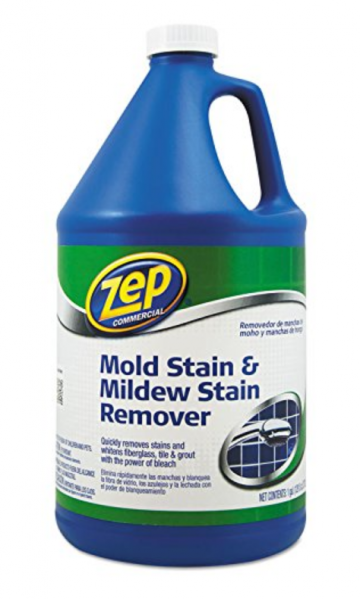If you’re thinking about taking a vitamin to help your hair grow longer, faster, or thicker, it can be easy to get sucked into the belief that prenatal vitamins are a safe route to follow. The surprise is that prenatal vitamins can actually be bad for you, depending on your age, sex, and underlying health conditions.
Folic Acid
Folic acid is a B vitamin that, when deficient, has been shown to cause birth defects in infants. This is why prenatal vitamins provide higher levels than other vitamins do—sometimes more than twice as much as what most adults need. Folic acid isn’t a huge worry, but two minerals in prenatal vitamins really can do harm.
Iron
If you tend to be anemic and take iron supplements anyway, taking prenatal vitamins for hair growth and ditching the separate supplement may not hurt you. However, most women (even menstruating women) and all men need far less iron than a pregnant woman does. Excess iron in the body can become toxic and cause lots of damage and severe problems. Taking specific vitamins for hair growth is a much safer option, and they are often offered in separate formulas for men and women, which provides an extra measure of safety. The vitamins for hair growth for women may contain greater nutrients than men’s versions, but still fewer than what prenatal vitamins contain.
Calcium
Prenatal vitamins actually contain less calcium that you would think, so if you rely on one supplement to provide all of your nutritional needs, you may not be getting enough calcium with a prenatal vitamin. The best vitamins for hair growth serve as an all-purpose vitamin so that you don’t have to spend extra money on a separate supplement and risk overlapping certain nutrients, thereby getting too much. If you want hair growth vitamins, buy hair growth vitamins, and leave the prenatal formulas to the mommies.







